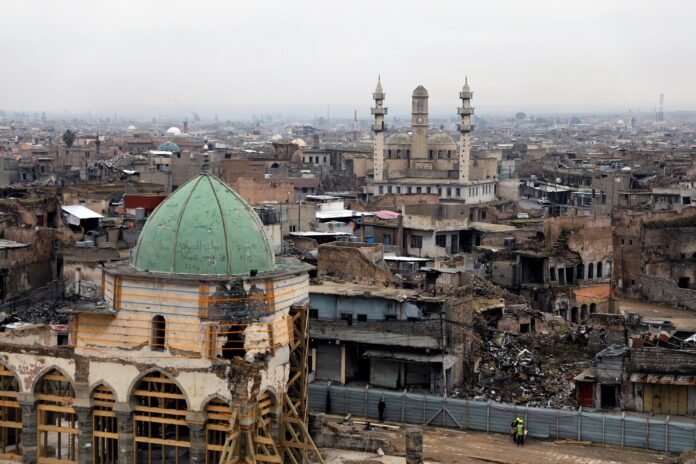The electricity and water crisis in Mosul has continued for over 30 years, with no clear improvement in service levels. Despite Iraq’s political and economic changes, public services remain largely unchanged. Citizens endure severe daily hardship due to this chronic neglect.
The crisis began in 1990 and has persisted ever since. For the reason that, residents have seen no real reform or effective development of infrastructure. One resident says the situation worsens each year, while the government remains silent. People now rely almost entirely on private generators to make up for constant power outages. However, these temporary alternatives have only increased financial pressure on families.
In some cases, monthly electricity bills have reached 750,000 dinars. Water bills have exceeded one million dinars. One resident even had to sell his house just to pay off these crushing expenses. He adds that the cost of a single generator amp ranges from 10,000 to 30,000 dinars monthly. There is no regulatory body to control prices or enforce fair standards.
Environmental and visual pollution is growing due to heavy reliance on generators.
These generators pose a direct health risk, especially in densely populated neighborhoods. The noise and smoke they emit disturb residents every day. All these issues affect people’s lives and increase their emotional and financial stress.
Despite the millions of dollars spent on the electricity sector since 2003, no tangible results have been achieved. Residents point to a lack of planning and the absence of effective oversight. They believe mismanagement and corruption are the main reasons this crisis persists.
Citizens are calling for serious reforms to end the electricity and water crisis in Mosul.
They also urge the government to learn from successful models in other regions.
Some highlight the Kurdistan Region as a positive example of improving electricity services. They want this model urgently applied in Mosul.
These demands are no longer luxuries but daily necessities. Residents say the electricity and water crisis in Mosul now threatens their lives. They stress that partial solutions are no longer enough and that it’s time for real change.


